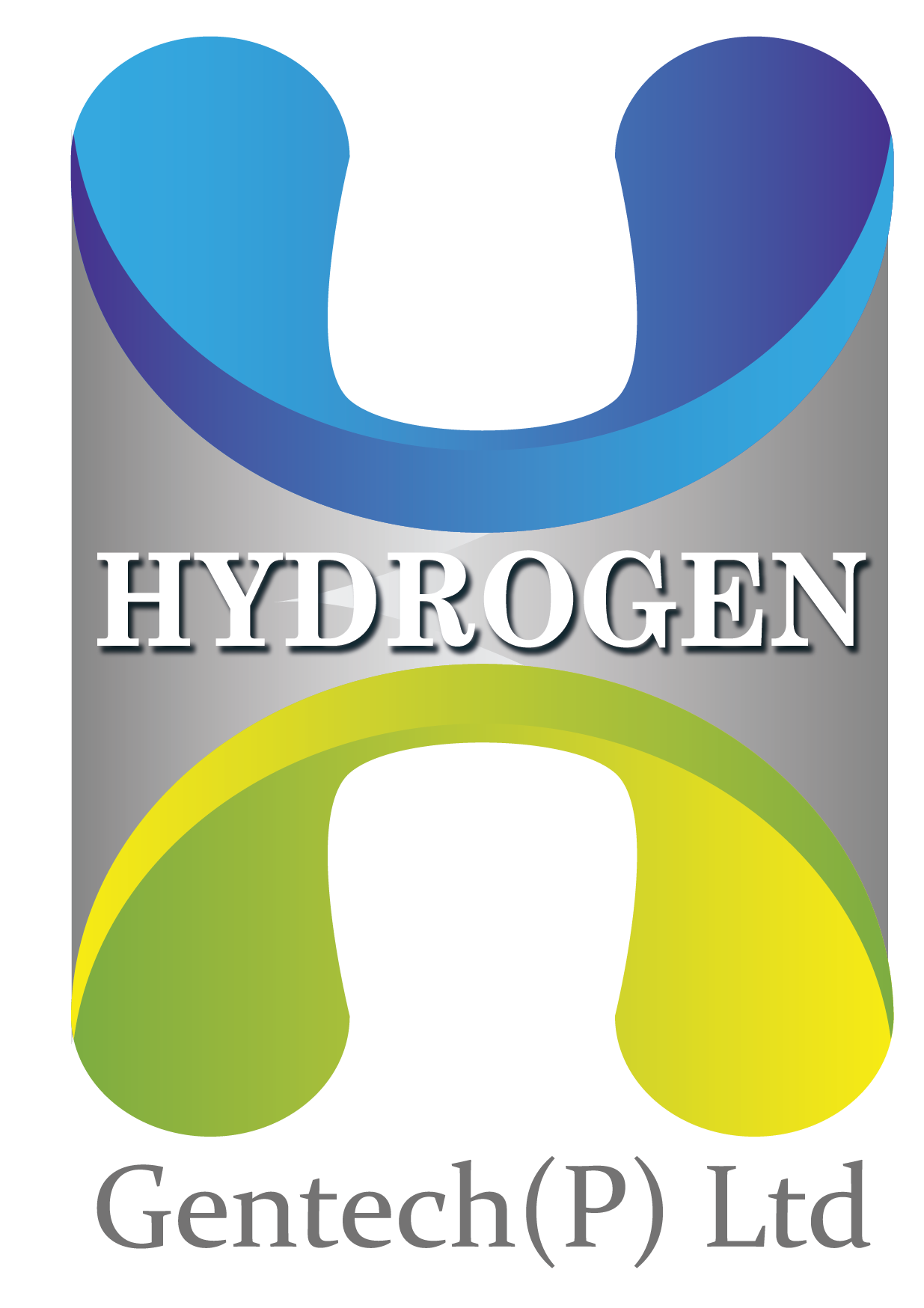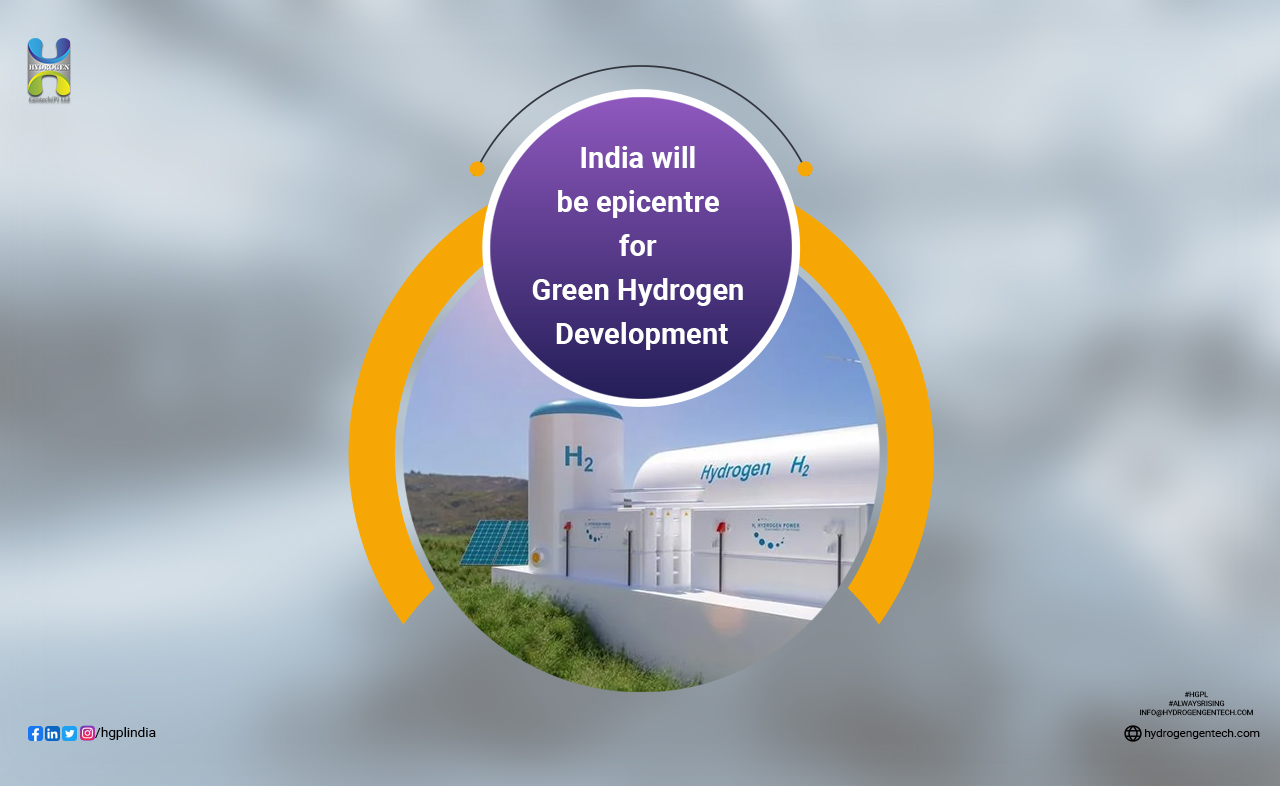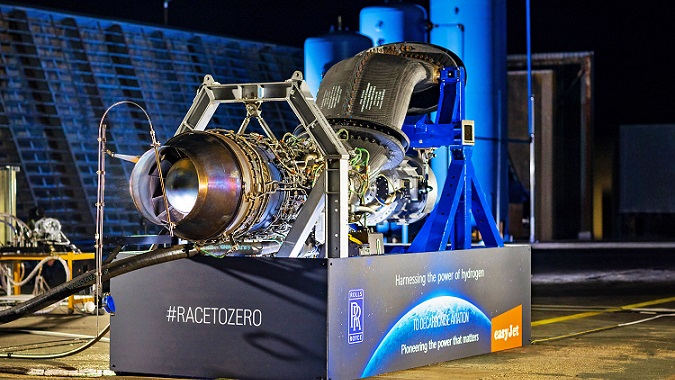Introduction:
In recent years, the world has witnessed a growing recognition of the importance of transitioning towards cleaner and sustainable energy sources. In this regard, the emergence of green hydrogen as a potential game-changer has garnered significant attention. India, with its ambitious plans and commitment towards renewable energy, is poised to become a significant player in the global green hydrogen market.
In a recent statement, Hardeep Singh Puri, a prominent figure in India’s energy sector, emphasized India’s potential to be the epicenter for green hydrogen development. Let’s delve deeper into the implications of this statement and understand how India is positioning itself as a key player in the green hydrogen revolution.
India’s Renewable Energy Ambitions:
India has been actively pursuing its renewable energy ambitions, aiming to achieve a target of 450 gigawatts (GW) of renewable energy capacity by 2030. This ambitious goal encompasses various sources such as solar, wind, hydro, and bioenergy. However, in order to achieve a complete transition to clean energy, a reliable and sustainable energy storage solution is essential. This is where green hydrogen comes into play.
The Significance of Green Hydrogen:
Green hydrogen refers to hydrogen produced through electrolysis using renewable energy sources like solar and wind power. It offers a clean and sustainable alternative to conventional hydrogen production methods that rely on fossil fuels. Green hydrogen can be stored, transported, and utilized across multiple sectors, including transportation, industrial processes, and power generation. Its versatility and potential to decarbonize various sectors make it a key enabler of a sustainable energy future.
India’s Green Hydrogen Potential:
India, with its abundant solar and wind resources, holds immense potential for green hydrogen production. The government, recognizing this potential, has initiated several measures to promote green hydrogen development. The National Hydrogen Mission, launched as part of India’s comprehensive energy strategy, aims to establish a hydrogen ecosystem encompassing production, storage, and utilization. Additionally, collaborations with international partners and the private sector are being fostered to drive research, development, and deployment of green hydrogen technologies.
Advantages of India’s Positioning:
India’s position as the epicenter for green hydrogen development offers several advantages. Firstly, the country’s large domestic market provides a significant opportunity for scaling up green hydrogen projects. The demand for clean energy solutions is rapidly increasing, and green hydrogen can meet the needs of diverse sectors, including transportation, industrial processes, and power generation.
Secondly, India’s cost advantage in renewable energy deployment can be leveraged for green hydrogen production. The declining costs of solar and wind power, coupled with advancements in electrolyzer technology, are making green hydrogen increasingly cost-competitive. India’s expertise in renewable energy deployment can drive down the costs of green hydrogen production, making it more accessible and commercially viable.
Thirdly, India’s potential to export green hydrogen can position the country as a major global player in the hydrogen market. With growing international demand for clean energy solutions, India can leverage its green hydrogen capabilities to become an exporter of this valuable resource, contributing to both economic growth and global sustainability goals.
India’s ambition to become the epicenter for green hydrogen development reflects its commitment to a sustainable and clean energy future. With abundant renewable energy resources, a growing domestic market, and a favorable policy environment, India is well-positioned to drive the green hydrogen revolution. The government’s focus on promoting research, development, and deployment, along with collaborations with international partners, will accelerate the growth of the green hydrogen ecosystem in the country. As India emerges as a prominent player in the global green hydrogen market, it will contribute significantly to achieving global climate targets while fostering economic growth and energy independence.



